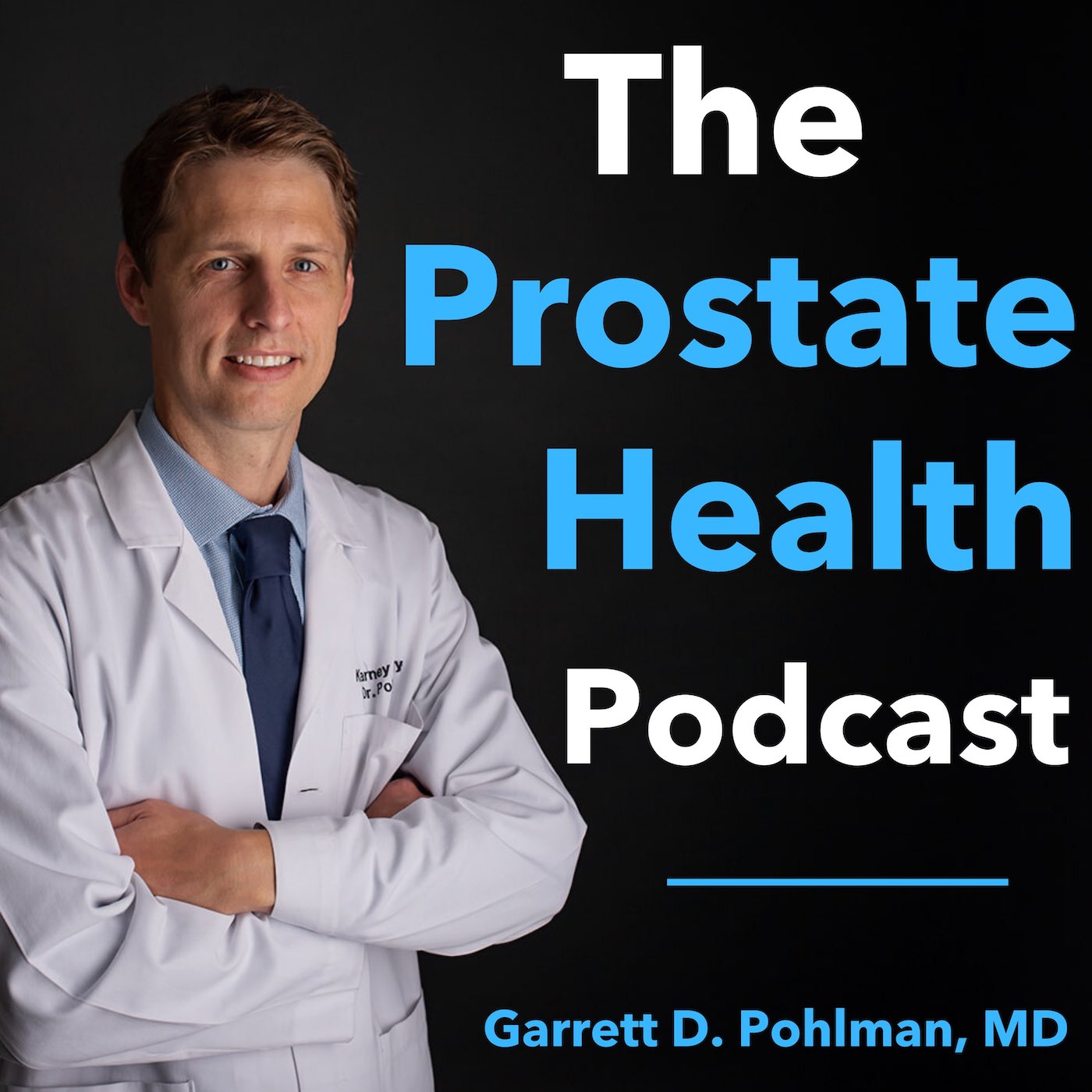Dr. Pohlman has enjoyed collaborating with Dr. Daniel Kirages, from the University of Southern California, who has been instrumental in helping organize our three-episode chronic prostatitis and chronic pelvic pain syndrome series. We started with an episode on the research and science aspect of the condition. That was followed by the urologist’s perspective last week. Today, we will wrap things up with an episode on the physical therapy intervention side.
Dr. Kirages is making a second appearance on the show today. Back in Episode 46, he discussed how physical therapy could be instrumental in helping men regain urine control after prostatectomy for prostate cancer. Since then, he has been working behind the scenes to help organize our three-part series for chronic prostatitis and chronic pelvic pain syndrome.
Dr. Kirages is an Associate Professor of Clinical Physical Therapy at the University of Southern California. In his clinical practice, he attends to a diversified patient load, including various pelvic health disorders. He also lectures at a variety of academic institutions and healthcare facilities, both nationally and internationally. He was the first doctor of physical therapy to join us here, on the Prostate Health Podcast.
Be sure to listen in today to find out how physical therapy can help men overcome chronic prostatitis and chronic pelvic pain syndrome.
Disclaimer: The Prostate Health Podcast is for informational purposes only. Nothing in this podcast should be construed as medical advice. By listening to the podcast, no physician-patient relationship has been formed. For more information and counseling, you must contact your personal physician or urologist with questions about your unique situation.
Show highlights:
- Dr. Kirages discusses the pelvic muscular contribution as a source for symptoms of chronic prostatitis and chronic pelvic pain syndrome.
- Dr. Kirages explains what the pelvic floor muscles are.
- Dr. Kirages talks about some of the symptoms he sees, with the muscle-related chronic prostatitis and chronic pelvic pain syndrome.
- There are sometimes triggers that set the pelvic pain off. That is not always the case, however.
- Dr. Kirages discusses some things that could aggravate the symptoms of chronic prostatitis and chronic pelvic pain syndrome.
- Dr. Kirages explains why it is sometimes difficult to find a physical therapist to manage men with chronic prostatitis and chronic pelvic pain syndrome.
- Dr. Kirges explains what an individual can expect in the initial evaluation process when seeing a physical therapist for their condition.
- Dr. Kirges explains what a man can expect with physical therapy treatment for muscle-related chronic pelvic pain syndrome.
Links and resources:
Follow Dr. Pohlman on Twitter and Instagram – @gpohlmanmd
Get your free What To Expect Guide (or find the link here, on our podcast website)
Join our Facebook group
Follow Dr. Pohlman on Twitter and Instagram
Go to the Prostate Health Academy to sign up for the wait-list for our bonus video content.
You can access Dr. Pohlman’s free mini webinar, where he discusses his top three tips to promote men’s prostate health, longevity, and quality of life here.


Recent Comments